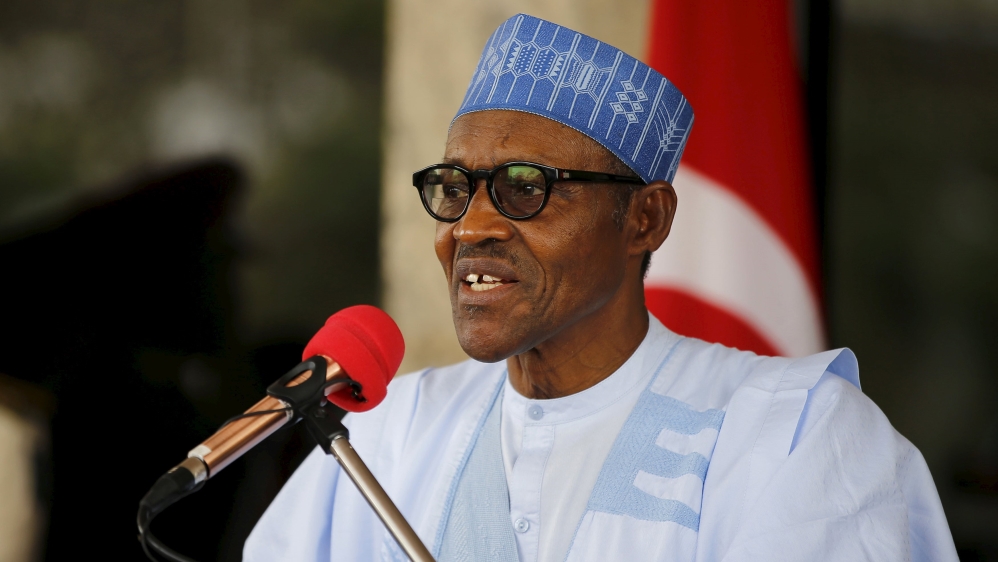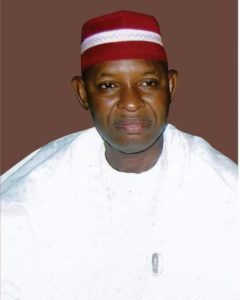
The United States Institute of Peace (USIP) says it is less likely for President Muhammadu Buhari to be defeated in the 2019 election.
The organaisation said this in a report it released on the forthcoming general election.
USIP said the report is based on its interactions with Nigerians from different sectors.
The report, which analysed the chances of violence marring the elections, is contrary to two recent predictions by The Economist Intelligence Unit (EIU), the research unit of The Economist Magazine, that the incumbent government will be unseated next year.
USIP said though many Nigerians feel that the current administration has not met their expectations, this is not likely to cost the All Progressives Congress (APC) government its hold on power.
“Many Nigerians feel their hopes have not been met. Some respondents suggest the electorate is sufficiently disappointed that voter apathy will be greater in 2019 than in 2015, with the unifying narrative of change that helped elect the APC in 2015 much less compelling as a factor in mobilizing the electorate, and perceptions that another defeat of the presidential incumbent is less likely to happen in 2019,” the report read.
Comparing the 2015 elections to the forthcoming one, the report said there is a greater chance of the occurrence of election violence, listing Adamawa, Anambra, Ekiti, Kaduna, Kano, Lagos, Plateau, Rivers as the eight of 36 states with greater risks of election violence.
While it stated that it is up to the combined efforts of political parties, security agencies and the Independent National Electoral Commission (INEC) to curb violence in the election, it said the greater work lies with the electoral body.
“Important shifts in Nigeria’s political and security context have occurred since the 2015 elections, presenting both evolving, and new, risks to the 2019 elections,” it read.
“Of all the state’s institutions, most respondents felt that peaceful elections in 2019 are contingent on the performance of Nigeria’s INEC.
“Given the relative success of the 2015 elections, they felt that INEC ought to be able to deliver credible elections again in 2019. They feared, however, that any regression from the level of performance achieved in 2015 could lead to violence because some would view the failings not as a result of incompetence but as deliberate attempts to frustrate the will of the voters.
“INEC should at least match the standards it set in 2015, and any regression could set the stage for violence.”
The report further said despite the projections of violence, “there are signs of hope”.
“Yet, while the potential for election violence exists, there are signs of hope. Some states have developed successful election conflict-mitigation practices. In the short amount of time remaining, INEC and the police should undertake a number of key reforms,” it said.
“ The United States, along with other international supporters of the electoral process, should also intensify their efforts to reinforce the work of these key Nigerian institutions.
“Beyond institutional support, rather than apply a conventional approach to electoral violence mitigation, donor programming should adapt to Nigeria’s current context, political shifts, and opportunities, and be sufficiently flexible to respond to the risks distinct in each of Nigeria’s states.
“In advance of the election, international diplomatic efforts to preempt electoral violence need to be intensified. Regional and international actors should convey their expectations that political parties effectively address their internal disputes, and be ready to put on notice politicians responsible for escalating these disputes.”




Your blog is constantly a great place to discover new ideas and techniques. Thanks for sharing your insights with us.
글이 차분하고 친절해서 보기 너무 편했어요. 도움 됐습니다!